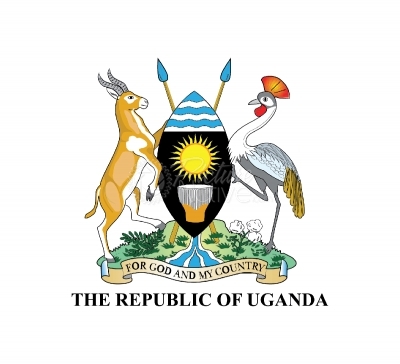2.2.1. Forms of Exploitation in Trafficking Cases
The National Referral Guidelines highlight the most common forms of exploitation experienced in trafficking in persons cases in Uganda as: sexual exploitation through forced prostitution; child sex; child marriages and forced/fraudulent marriages; exploitative child labour including domestic work, brick making, scrap collection, street hawking, street begging and farm labour; use of persons in illegal activities such as drug trafficking, petty theft, rebel/terrorist activities, and pornography; human sacrifice and forced or fraudulent removal of body organs/parts for medical purposes or harmful rituals and witchcraft.[1]
[1] Ministry of Internal Affairs, ‘National Referral Guidelines for Management of Victims of Trafficking in Uganda’ (Republic of Uganda, July 2020), p 3.
Sexual Exploitation
Where someone is deceived, coerced, or forced to take part in sexual activity, they are sexually exploited. Sexual exploitation is broadly defined in the PTIP Act as ‘the use of a person in prostitution, sex tourism, pornography, the production of pornographic materials, or the use of a person for sexual intercourse or other lascivious conduct’ (section 2(j)).
Commercial Sexual Exploitation of Children
Commercial sexual exploitation of children (CSEC) is the sexual exploitation of a child or adolescent under 18 years of age by an adult, accompanied by some form of payment. Payments may be made directly to the exploited child, or to a third party, and may be in the form of monetary payments or in-kind benefits. For commercial sexual activity involving adults to be classified as trafficking, it must involve an element of coercion. For children, however, trafficking is found on the basis of the commercial sexual activity whether or not coercive means are used.
Forced labour
Under section 2(e) of the PTIP Act, forced labour is, ‘all work or service which is exacted from any person under the threat of a penalty and for which the person has not offered him/herself voluntarily.’ Various indicators can be used to determine whether a situation should be considered labour exploitation or forced labour.
Forced Marriage
Forced marriage is when a person is forced or coerced to marry someone. They may be threatened with physical or sexual violence or placed under emotional or psychological duress. Forced marriage is common in parts of Uganda, can be influenced by environmental and cultural factors, and frequently affects children under the age of eighteen. Forced marriage in Uganda disproportionately affects women and girls, although men and boys may also be subjected to forced marriages.
Domestic Servitude
Exploitation in domestic work is a particularly prevalent form of exploitation in Uganda. Domestic workers are employed to work within their employer’s home, performing tasks such as cooking, cleaning, and caring for children. Domestic work becomes exploitative when there are restrictions on the worker’s movement, and they are forced to work long hours for little pay. Victims of domestic servitude often suffer physical abuse or sexual exploitation.
Forced Criminality
Forced criminality refers to a person being forced to carry out criminal activity through coercion or deception. Forced criminality can take many forms, such as exploitation in the drug trade, forced begging, pick-pocketing, or selling counterfeit goods. It can also include being forced to recruit others into situations of trafficking in persons. Children living on the streets in Uganda are particularly vulnerable to forced criminal activity.
Organ Harvesting
Forced begging is a form of exploitation involving the use of coercion to force an individual to beg and to hand over all or most of their earnings to the person forcing them to beg. People may be beaten, threatened with violence, or psychologically pressured into begging. In Uganda, children are often trafficked from their villages and brought to more industrialised cities live with their handlers and beg on the streets.
Forced Begging
Globally, trafficking for organ harvesting is considered less prevalent than other forms of exploitation, representing less than 1% of cases. However, reports of organ harvesting of Ugandan migrant workers abroad, as well as illicit human organ trade within Uganda, have been increasing. Ugandan nationals pursuing employment opportunities abroad may be recruited by fraudulent agents with promises of good work in a third country (particularly the Middle East). They then face risks of general exploitation and abuse within that third country, as well as the illicit harvesting of organs.








